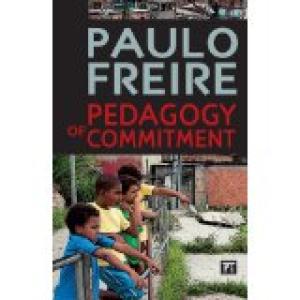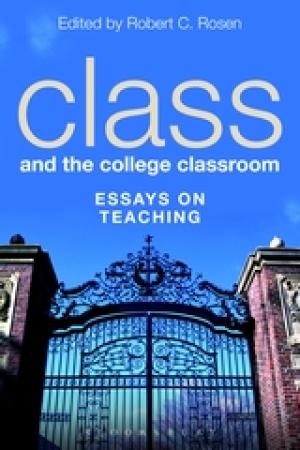Resources
Blog post from Daily Struggles. Provides highlights of Paulo Freire’s work Pedagogy of the Oppressed. Discusses four levels of consciousness; the critique of educational banking; dialogics and conscientization; dialogics and antidialogics; the role of revolution; and utopia.
This essay is a revised version of the "Introduction" to Critical Literacy in Action, edited by Ira Shor and Caroline Pari (1999). Discusses and defines critical literacy and links to critical pedagogy.
Blog post from In the Library with the Lead Pipe. Highlights similarities and differences between information literacy and critical thinking, especially as they relate to library instruction.
PDF provides key elements regarding critical literacy. Provides definitions; reasons to teach critical literacy; and ways to teach critical literacy. Includes bibliography of suggested resources.
Chronicle of Higher Education article. Discusses critical thinking and the necessity of pushing past skepticism to consider the importance of values.
This article is adapted from Critical Thinking Basic Theory and Instructional Structures by Richard W. Paul and Linda Elder. Highlights five key points to consider when incorporating critical thinking concepts in course planning. Part of a longer segment on higher education instruction.
2014 article in The Guardian. Argues against E.D. Hirsch’s notion of “cultural literacy” in favor of the critical pedagogy espoused by Freire, Giroux, and others.
Edited volume in PDF from American Sociological Association from a variety of contributors. Includes reflective essays; illustrative essays; exercises, assignments, and projects; and syllabi.

This new book, constructed from Paulo Freire’s writings near the end of his life, is characterized by the eloquence of his dreams—dreams that constituted the utopia underlying Freire’s lifelong work. Freire challenges all educators to create Circles of Dialogues, or reflective spaces, for passionate and critical reflection that is coherent and humanizing, favoring the oppressed peoples of the world. The chapters, crafted toward the end of the twentieth century, reflect Freire’s deep concern with the assault by neoliberal policies on the basic democratic rights of the dispossessed, as he argues for the right and facility of the people to take power by reinventing power democratically. Freire’s critical reflections were prescient of the twenty-first century’s revolts and denunciations of autocratic and antidemocratic policies during the Arab Spring, the Occupy movement, and other courageous demonstrations for social justice throughout the world. Once more, Freire challenges our conscience in accessible, deep, thought-provoking writings that urge us to rehumanize popular education, employing “critical reflection steeped in history, [and] a more critical knowledge of how society works and functions.” (From the Publisher)

Click Here for Book Review Abstract: We have long been encouraged to look to education, especially higher education, for the solution to social problems, particularly as a way out of poverty for the talented and the hard working. But in its appointed role as the path to upward mobility that makes inequality more acceptable, higher education is faltering these days. As funds for public institutions are cut and tuition costs soar everywhere; as for-profit education races into the breach; and as student debt grows wildly; the comfortable future once promised to those willing to study hard has begun to fade from sight. So now is a good time to take a more serious look at the ways class structures higher education and the ways teachers can bring it into focus in the classroom. In recent decades, scholarly work and pedagogical practice in higher education have paid increasing attention to issues of race, class, gender, and sexuality.But among these four terms of analysis -- and clearly they are interrelated -- class is often an afterthought, and work that does examine class and higher education tends to focus only on admissions, on who is in the college classroom, not on what happens there. Class and the College Classroom offers a broader look at the connections between college teaching and social class.It collects and reprints twenty essays originally published in Radical Teacher, a journal that has been a leader in the field of critical pedagogy since 1975. This wide-ranging and insightful volume addresses the interests, concerns, and pedagogical needs of teachers committed to social justice and provides them with new tools for thinking and teaching about class. (From the Publisher)